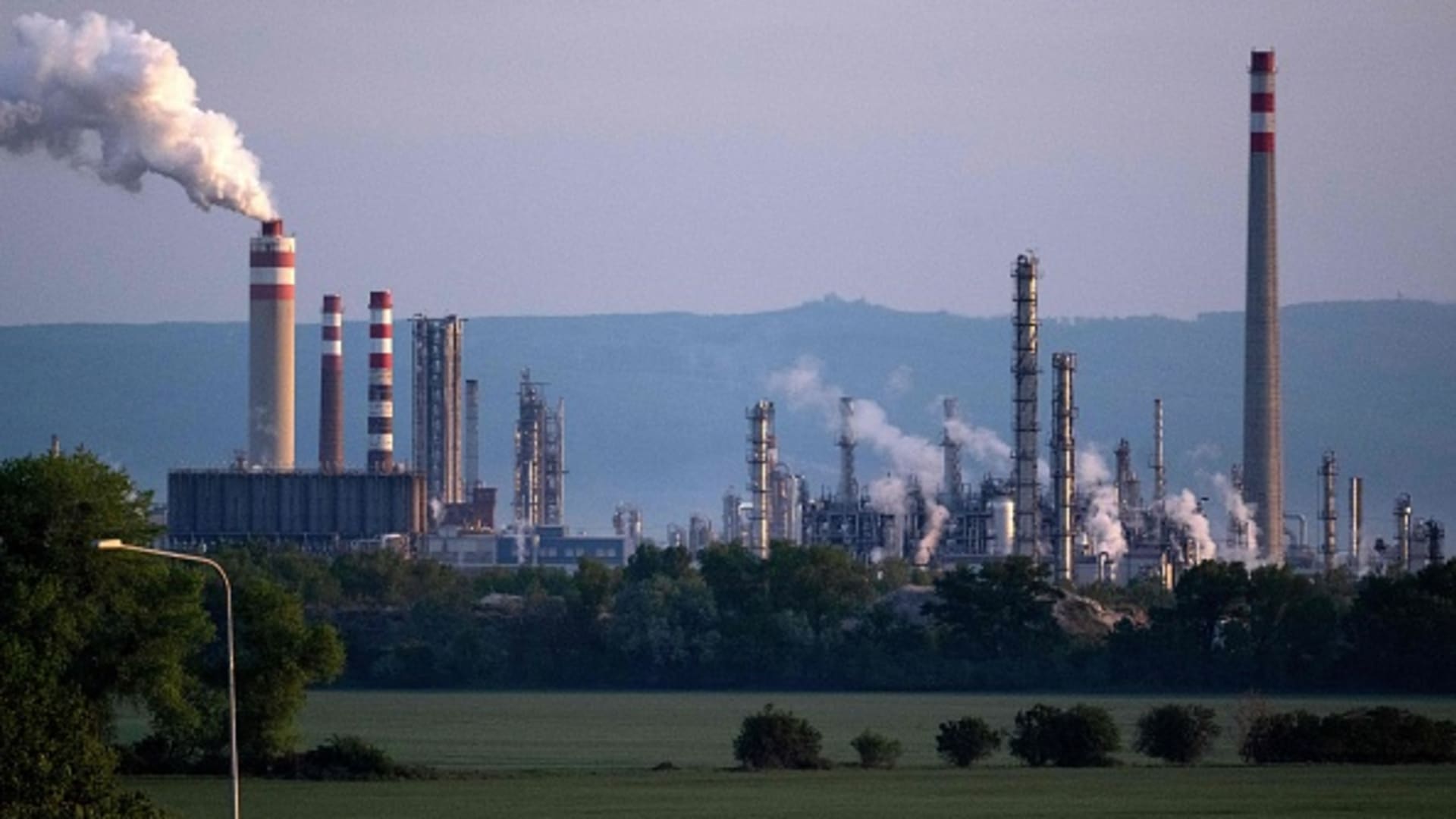The Group of 7 nations are in talks to cap Russian oil at $65 and $70 a barrel — but analysts say it likely won’t have a significant impact on Moscow’s oil revenues even if it’s approved.
Prices at those levels are close to what Asian markets are currently paying Russia, which are at a “big discount,” said Wood Mackenzie’s vice president of gas and LNG research, Massimo Di Odoardo.
“Those levels of discounts are certainly in line with what the discounts already are in the market … It’s something that doesn’t seem, as it is placed, like it’s going to have any effect [on Moscow] whatsoever if the price is so high.”
Russia has threatened to it will not supply oil to countries setting and endorsing the price cap.
“Given Russian oil (Urals) is trading at $60‑65/bbl, the proposed price cap is already compliant under prevailing market conditions,” said Vivek Dhar, Director of Mining and Energy Commodities research from Commonwealth Bank of Australia.
In a note on Thursday, he said that current Russian oil shipments face minimal disruption from the European Union denying shipping and insurance services.
He agreed that the discussed price cap won’t make much of a dent or deter Moscow in its war against Ukraine.
“Russia’s seaborne oil exports have increased to China, India and Turkey at the expense of advanced economies following the Ukraine war,” he added.
In fact, he said the price cap discussed was higher than markets were expecting.
“Oil prices finished lower overnight after the EU discussed a price cap on Russian oil between $US65‑70/bbl, a higher price range than markets expected and at levels that will reduce the risk of disruptions of EU sanctions on Russian oil shipments,” Dhar said.
There was similar skepticism over the EU’s proposed cap on natural gas prices. Several EU member states locked horns over the effectiveness of capping prices at 275 euros per megawatt hour, with some saying it’s not realistic to keep gas prices at such high levels for so long.
The bloc is seeking to stop gas prices from soaring sky-high as consumers are already struggling with rising cost-of-living.
G-7 policymakers have a tough balancing act to tread.
It seems to me like [the G-7] will err on the side of caution — setting it high rather than low to avoid worsening the inflationary spiral.Pavel MolchanovEnergy analyst at Raymond James
If prices are set too high, they will be meaningless and risk having no impact on Russia — but if the price cap is too low, it could lead to a physical reduction in the supply of Russian oil onto the global market, said Raymond James’ energy analyst Pavel Molchanov.
A lower price cap “means more inflation, more consumer unhappiness, and more monetary tightening,” Molchanov pointed out.
“It seems to me like [the G-7] will err on the side of caution — setting it high rather than low to avoid worsening the inflationary spiral.”
Last week, official data showed U.K. inflation jumped to a 41-year high of 11.1% in October, higher than expected, as energy prices, among other factors, continued to squeeze households and businesses.
Downside risks to current forecasts
If EU members agree to the proposed cap, Dhar expects the price of oil to fall below $95 per barrel for the last quarter of 2022.
Oil prices were fractionally higher on Friday afternoon Asia time. Brent crude futures inched higher by 0.35% to stand at $85.64 per barrel, while U.S. West Texas Intermediate futures climbed 0.55% to $78.37 per barrel.
“Our price forecast assumes EU sanctions accompanied by a price cap on Russian oil will result in enough supply disruption to offset ongoing global growth concerns.”
The European bloc has imposed multiple rounds of sanctions against Russia since since Moscow began its unprovoked war on neighboring Ukraine in late February.
Earlier this week, Goldman Sachs lowered its oil price forecast by $10 to $100 per barrel for the fourth quarter of 2022, citing rising Covid concerns in China and lack of clarity over the Group of Seven nations’ plan to cap Russian oil prices.
